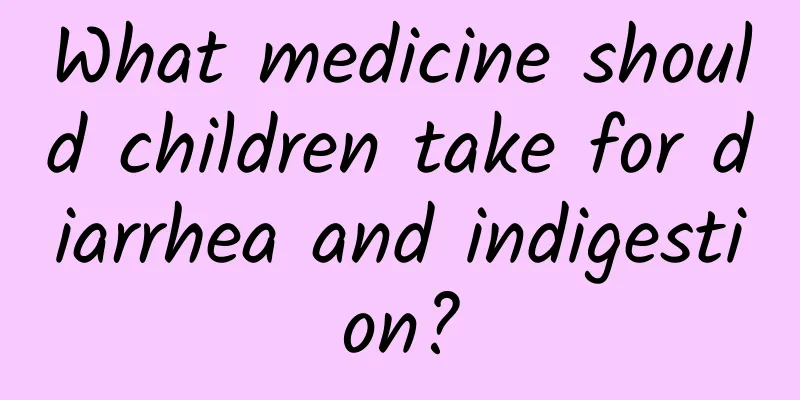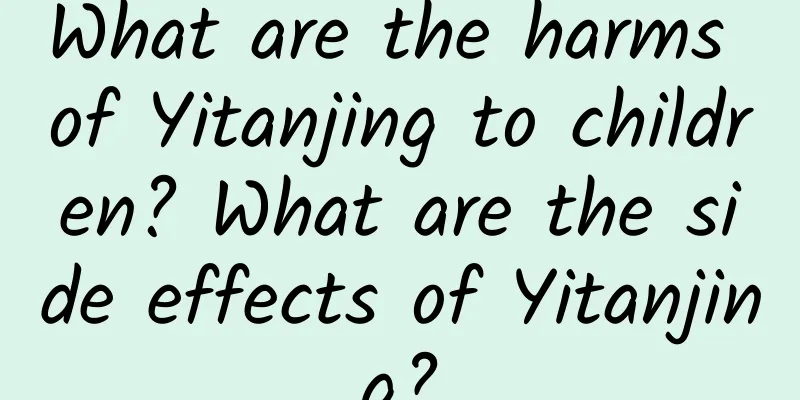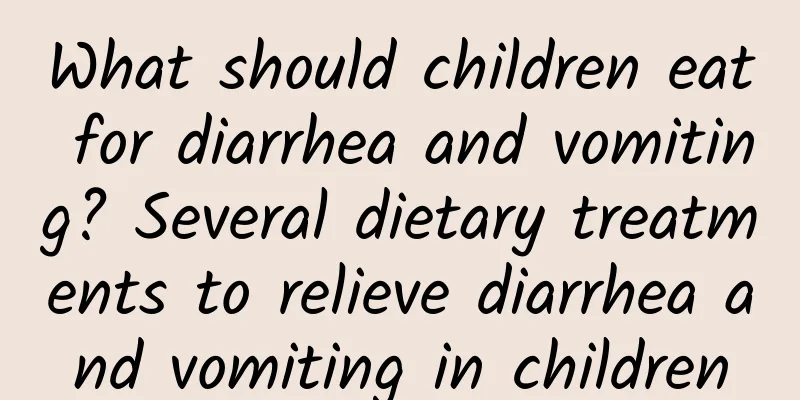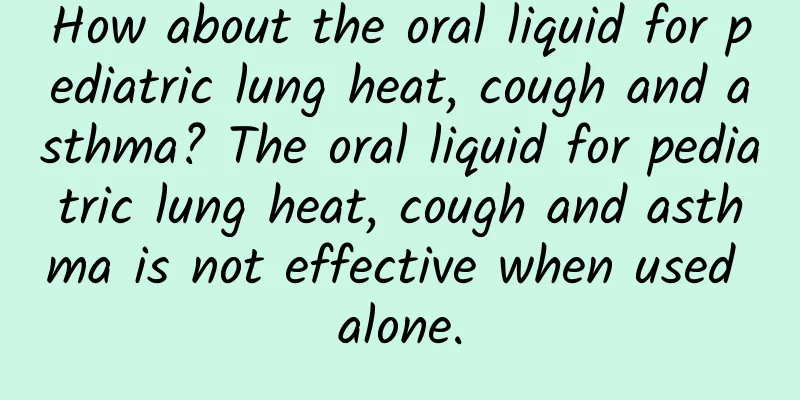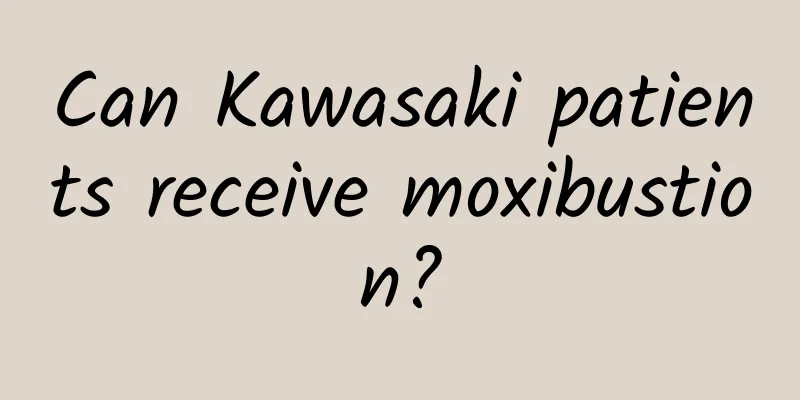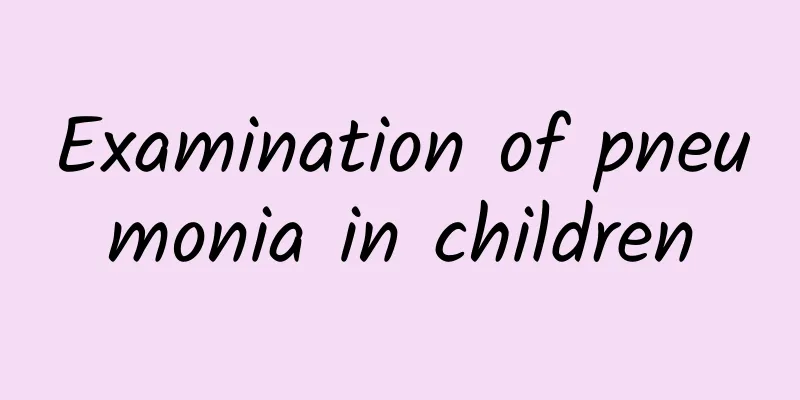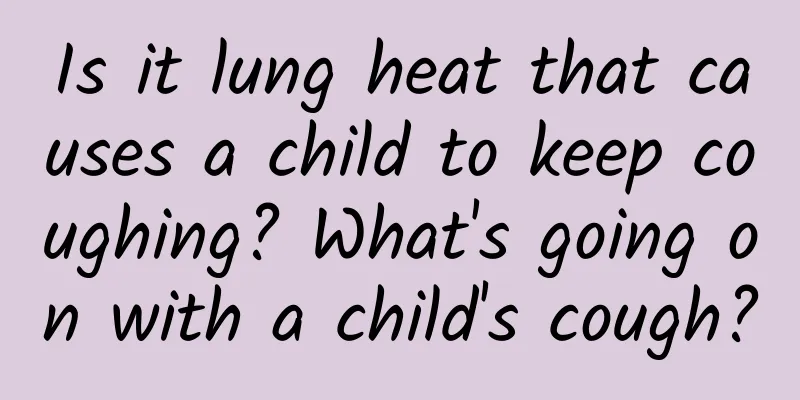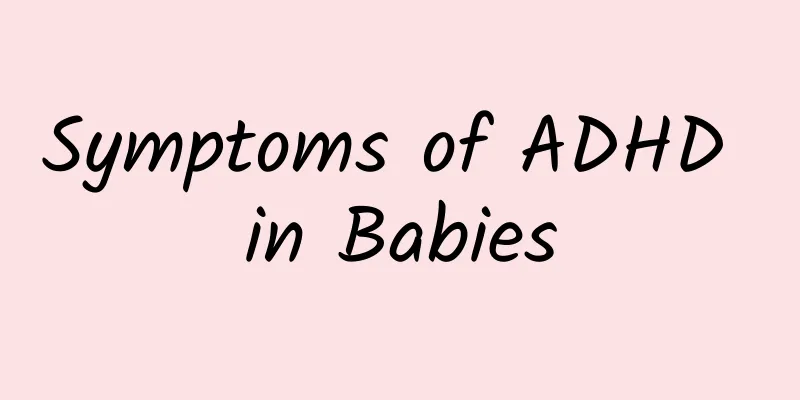What to do if children have urticaria due to cold
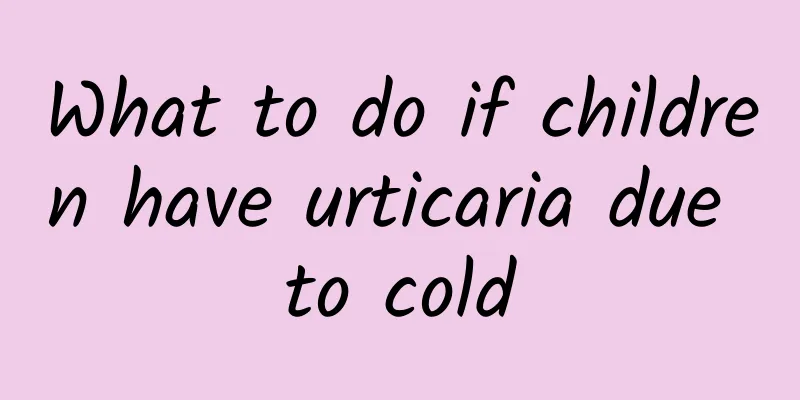
|
When children have a cold, urticaria is often related to external allergens or immune responses caused by viral infections. At this time, comprehensive treatment should be selected according to the condition, including anti-allergic drugs, skin care, and diet. If necessary, seek medical attention in time to avoid worsening of the condition. 1) Possible causes The causes of urticaria in children with colds usually include the following: -Viral infection: The cold itself is caused by a viral infection. During the viral infection, the immune system of some children may be abnormally triggered, resulting in hives on the skin. This situation is more common, especially in children whose immune systems have not yet fully developed. -Allergic reactions: During a cold, children may be exposed to new medicines, foods, or other allergens, such as pollen, dust mites, etc., which may induce urticaria. -Increased skin sensitivity: When children have a cold, their bodies are weak and their skin barrier function may be weakened, making them more susceptible to allergic symptoms after being stimulated. 2) Countermeasures a) Rational use of drugs To relieve the discomfort of urticaria, you can use the following medicines under the guidance of a doctor: - Antihistamines: such as loratadine, cetirizine, etc., are used to relieve itching and redness. -Topical medications: Apply calamine lotion to the itchy area to soothe and relieve itching. -If urticaria is accompanied by obvious symptoms of infection, you may consider using appropriate antiviral drugs. Please ask your doctor to evaluate the medication in combination with cold symptoms. b) Diet adjustment In terms of diet, you should choose light and easily digestible food and avoid highly allergenic foods such as seafood, nuts and milk. You can eat more fresh vegetables and fruits to promote immune recovery. Sufficient water intake can help speed up metabolism and eliminate toxins in the body. c) Skin care Avoid scrubbing your child's skin with hot water, which can make it itchy. Choose clothing made of natural materials that are loose and comfortable to wear to reduce skin friction. If your child is affected by allergens at home, it is recommended to purify the air and clean the environment in a timely manner. 3). Timing of medical treatment If the hives expand in size, are accompanied by a tightness in the throat, difficulty breathing, or if symptoms persist for more than two days, see a doctor immediately. Early diagnosis can rule out potentially serious conditions such as angioedema or anaphylactic shock. If urticaria occurs during a child's cold, parents should pay attention to the condition, choose symptomatic treatment measures according to the specific cause, and remain patient and careful. Mastering the correct care and coping methods will help the child recover as soon as possible. If the condition worsens or is accompanied by other serious symptoms, seek medical treatment as soon as possible. |
<<: What is the cause of high jaundice in newborns and what are the dangers
>>: The main cause of diarrhea in children is
Recommend
Three common treatments for baby eczema that mothers should know
In the treatment of infant eczema, the first thin...
What are the contraindications for hernia in children? These 4 points should be avoided
Hernia is very common in children. Although the h...
What are the causes of children's cough and fever? Can children's cough and fever be caused by pneumonia?
Children's cough and fever may be related to ...
What should children eat to cure cold, cough and sore throat?
When children have a cold, cough, and sore throat...
What should I do if patients with hand, foot and mouth disease always sweat?
What should we do if patients with hand, foot and...
Can nephrotic syndrome in children be cured? Several treatment principles for nephrotic syndrome in children
The occurrence of kidney disease has a great impa...
What medicine should I take for baby jaundice
Infant jaundice usually does not require medicati...
Rehabilitation training for congenital poliomyelitis symptoms
After the onset of polio, the child's legs wi...
Does polio affect life expectancy?
Polio is a disease that many parents worry about....
Is polio contagious?
Poliomyelitis is an infectious disease caused by ...
What medicine should I take for diarrhea in children?
Diarrhea in children requires the identification ...
What is the problem of my child's severe cough at night? What should I do if my child coughs severely at night?
If a child coughs severely at night, first of all...
Are adults with polio still contagious?
Adults who have had polio are usually no longer c...
How to treat a five-month-old baby's cough and runny nose? What should I do if my five-month-old baby has a cough and runny nose?
A five-month-old baby with a cough and runny nose...
I have had intermittent abdominal cramps and diarrhea for a month. Is this normal?
Intermittent abdominal cramps and diarrhea for a ...
